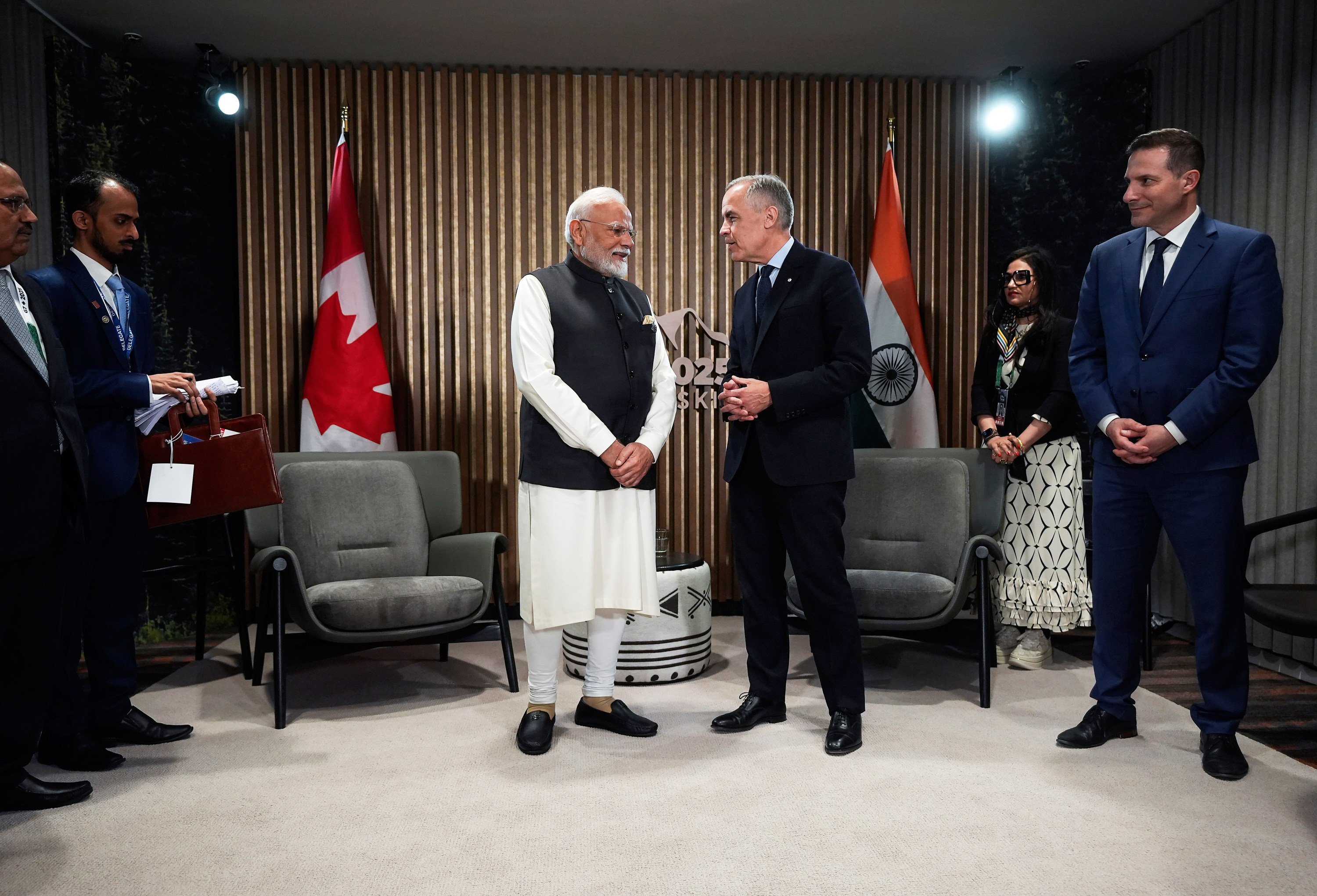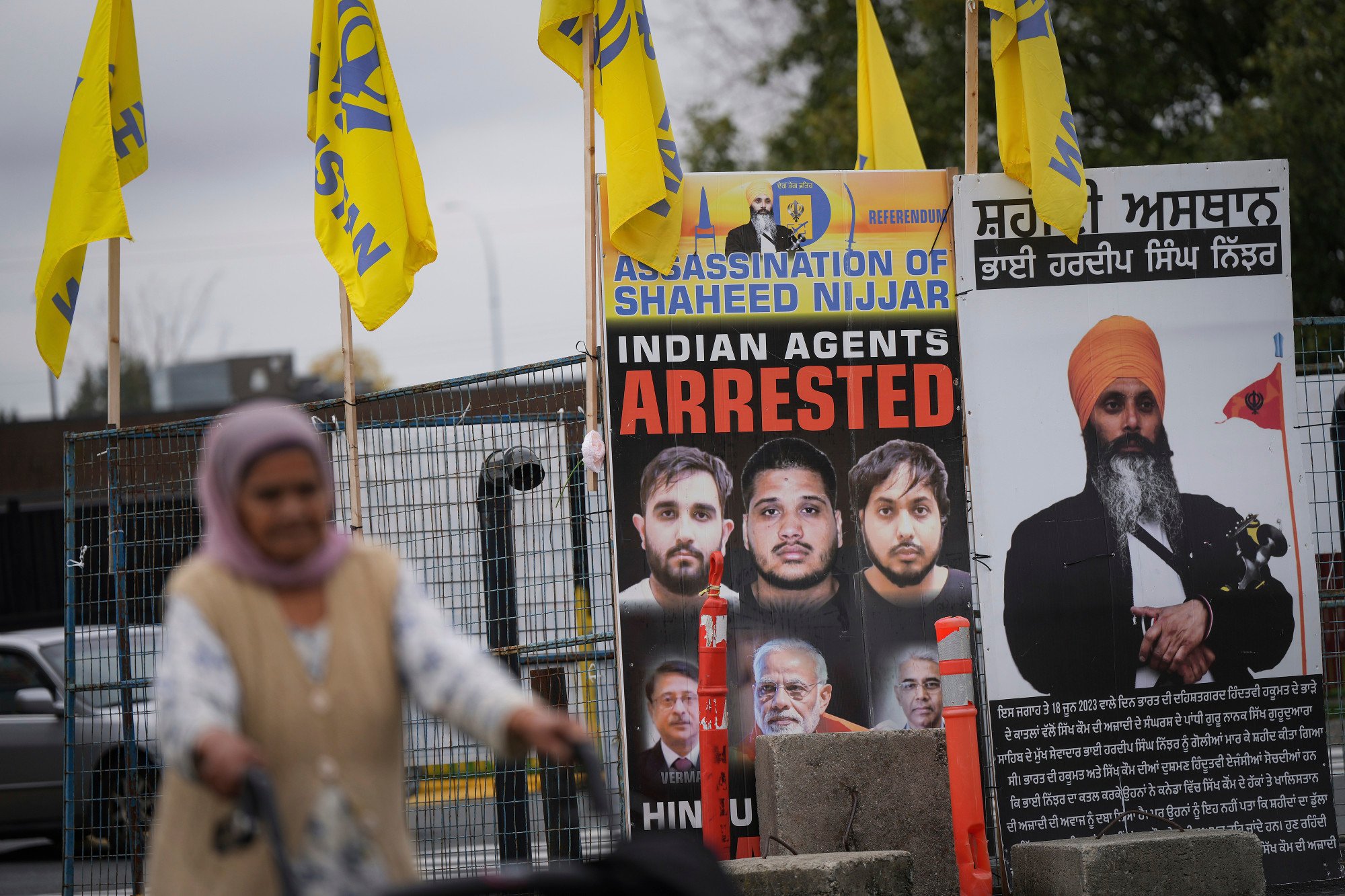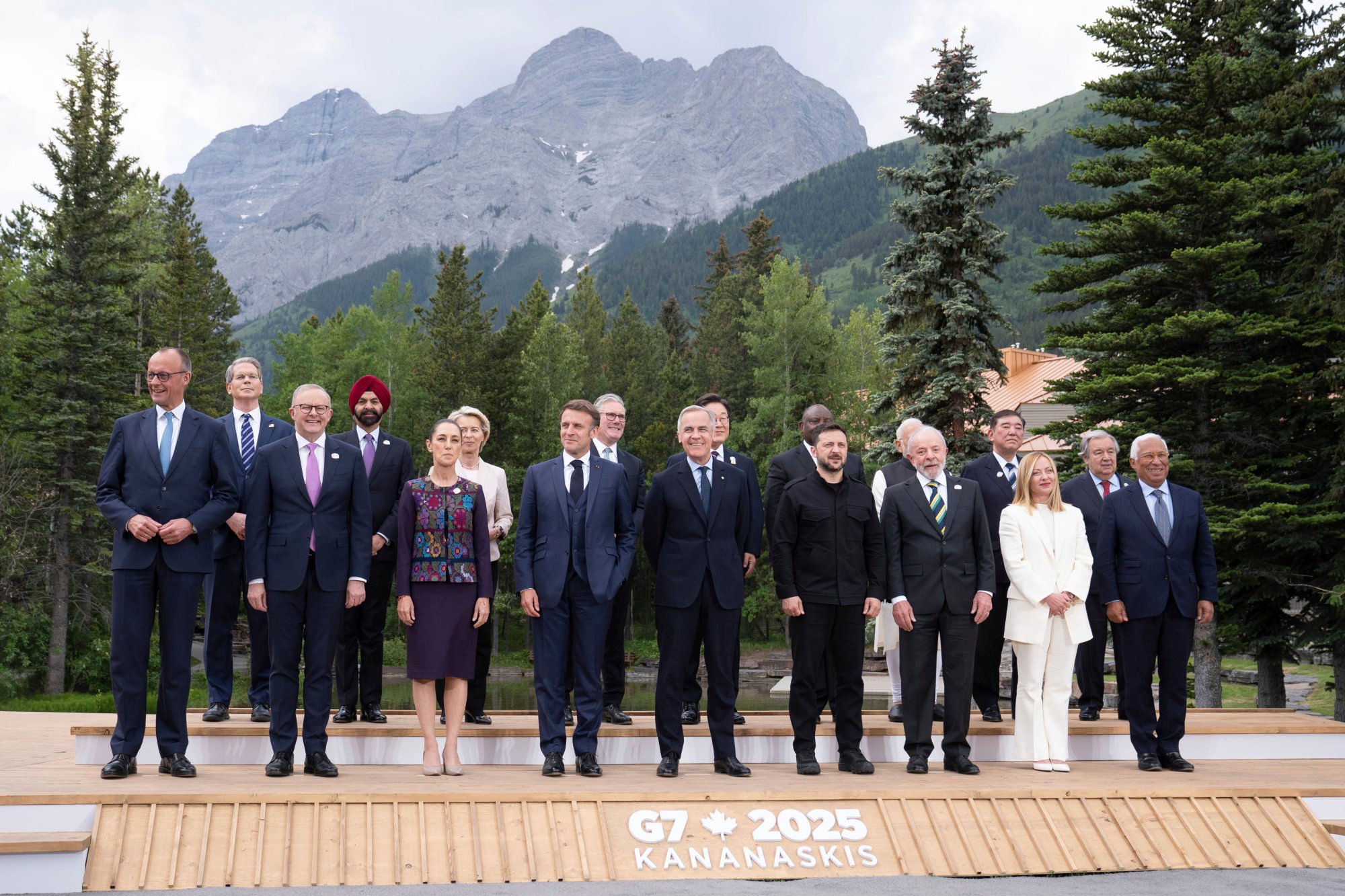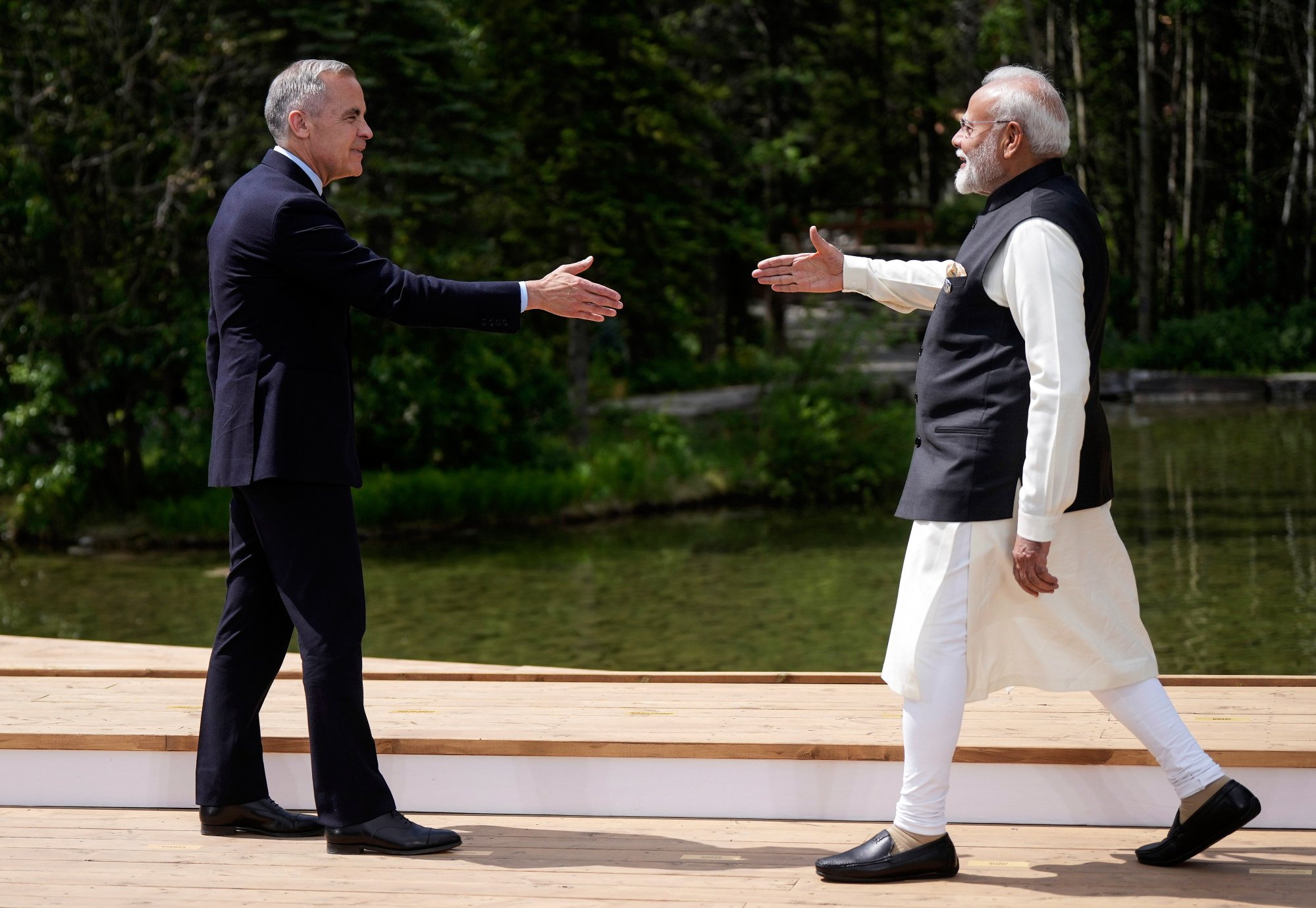Will India and Canada move beyond ‘past rancour’ and normalise ties quickly?
The positive tone set by Narendra Modi and Mark Carney in Canada is set to lead to closer two-way economic and other ties, analysts say

The move by India and Canada to reinstate high commissioners in each other’s capitals marks an important step towards mending their frayed relationship after the 2023 killing of a Sikh separatist leader in British Columbia.
Following a meeting between Indian Prime Minister Narendra Modi and his Canadian counterpart Mark Carney on the sidelines of this week’s Group of Seven summit in Kananaskis, Alberta, both countries issued separate statements to pledge their commitment to strengthening bilateral ties.
Analysts said the diplomatic move, which could bring about an easing of travel and visa restrictions and pave the way for deeper engagement in other areas, reflected a shared desire by Modi and Carney to move past the acrimony of the past two years.
Modi described his talks with Carney as “excellent”, saying in a post on social media platform X that both leaders “look forward to working closely to add momentum to the India–Canada friendship”. He identified trade, energy, space and critical minerals as areas of potential cooperation.
A statement from Carney’s office said the two leaders had agreed on the need to strengthen relations based on mutual respect, the rule of law and recognition of each other’s sovereignty and territorial integrity.
The positive tone arising from the meeting between Modi and Carney was a far cry from the nadir in the two countries’ relationship in 2023 over the killing of Hardeep Singh Nijjar, a Canadian citizen and the leader of a Sikh separatist movement in India. An accusation by former Canadian prime minister Justin Trudeau that Indian agents were allegedly involved in the killing prompted a tit-for-tat expulsion of diplomats from both sides.

The way the issue was handled by Trudeau made it impossible for New Delhi and Ottawa to move forward, said Harsh Pant, a professor of international relations at King’s College London.
“We are seeing a desire to move beyond past rancour. The Modi-Carney meeting has certainly allowed the two sides to reset the terms of engagement,” he added.
Before the June 15-17 summit of the leaders from the Group of Seven advanced countries, Indian media reports had said Modi might not get an invitation from Carney and miss the meeting.
Carney later squashed the speculation by inviting Modi over a phone call earlier this month, to which the Indian leader accepted promptly. Although India is not a G7 member, it has been regularly invited to take part in the bloc’s meetings in recent years.
A group of Sikh leaders in Canada had opposed Modi’s visit, but it did not thwart his participation at the summit.
One of the biggest issues in normalising relations between India and Canada is the sensitive issue of Khalistan – a Sikh separatist movement seeking to create an independent state in India’s Punjab province.

The movement, which has largely faded away in the Indian subcontinent since the 1980s, still draws support from sections of the Sikh diaspora, many of whom are in Canada.
The protests by Sikh leaders during Modi’s visit were isolated and far from the venue of the G7 summit in Canada, said Vivek Mishra, deputy director of the strategic studies programme at the Observer Research Foundation think tank in Delhi.
The Conservative Party and other Canadian politicians also appeared to be “repositioning” themselves on the issue of Khalistan, he added, referring to the name chosen by separatists for a proposed homeland of the Sikhs.
India has repeatedly expressed concerns over Canada-based Sikh hardliners, whom it accuses of glorifying extremism, particularly during Trudeau’s time in office.
At the G7 summit, Modi also expressed his concerns about cross-border terrorism, referring to India’s allegations against Pakistan over its backing of militant groups behind a series of attacks in Indian-administered Kashmir and elsewhere. Islamabad has consistently denied the charges.
A militant attack in late April in Indian Kashmir’s Pahalgam, in which 26 civilians died, brought the two neighbours to the brink of war before a ceasefire was declared.

Trade ties set to rebound
Canada’s ruling Liberal Party under Carney seemed keen on engaging with India, such as on the economic front, Mishra said.
“Carney has gone ahead and opened diplomatic channels. There were many things that were stuck between the two countries including visa processes and people-to-people mobility. Economic relations will follow the decision to restore the high commissions in the two countries,” he added.
India is expected to be a prime beneficiary of shifting global supply chains following an upheaval in global trade in the wake of trade tariffs imposed by Trump on various nations, which could in turn help Canada economically, according to analysts.
Beyond economics, more students from India could also reconsider Canada as a destination for their further studies given the improvement in bilateral ties, they added.